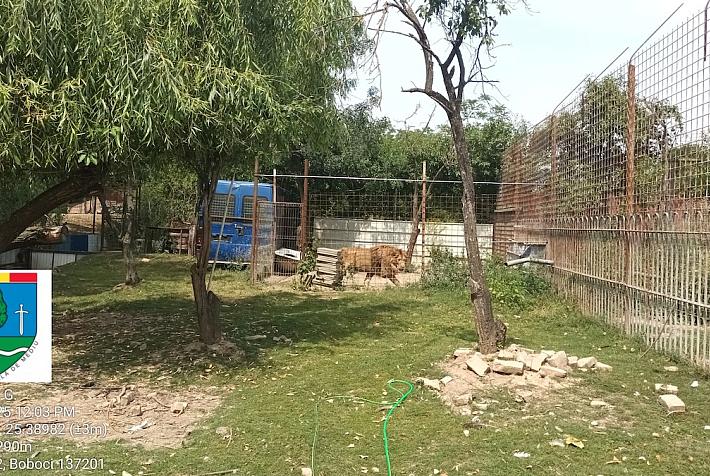Saint Andrew’s Day, a Christian celebration with pegan roots

Romanian Christians celebrate Saint Andrew (Andrei) on November 30, when over 600,000 Romanians named Andrei, Andreea, Andra, Andreas also celebrate their name day.
St. Andrew, who was the brother of Saint Peter, was also the first called by Jesus to join him. His name is of Greek origin and means manly or brave. St. Andrew was crucified on November 30, in the year 60 AD, in the Greek city of Patras.
He preached in the ancient province of Scythia, which included today’s Dobrogea in Romania, and along the Black Sea and the Dnieper river. He thus became the patron saint of Ukraine, Romania, and Russia. He’s also the patron saint of Scotland, Greece, Cyprus, and Sicily.
Saint Andrew’s day is a Christian celebration which however has some pre-Christian roots, so several pagan traditions have been kept in Romania. The Christian celebration has actually replaced an ancient pagan tradition called the Day of the Wolf.
A common tradition on this day is to plant wheat seeds and keep them indoors until New Year’s Eve. The tradition goes that the person who plants the wheat will be able to tell how next year will be based on how the plants will look like. Another tradition is to take small branches from a fruit tree, put them in water and keep them until the Christmas holiday. The branches should bloom, which is another sign of how fruitful next year will be.
Saint Andrew’s night is sort of the equivalent of the Halloween, as there are many pre-Christian traditions and superstitions related to it. It is believed that this night, spirits come out, wolfs speak like humans, and people defend themselves of evil with incantations and garlic. Garlic apparently keeps evil spirits away.
Saint Andrew's day is a day off in Romania. December 1, Romania's National Day, is also a day off.
Comment: Saint Andrew – a light across Europe and throughout centuries
editor@romania-insider.com











